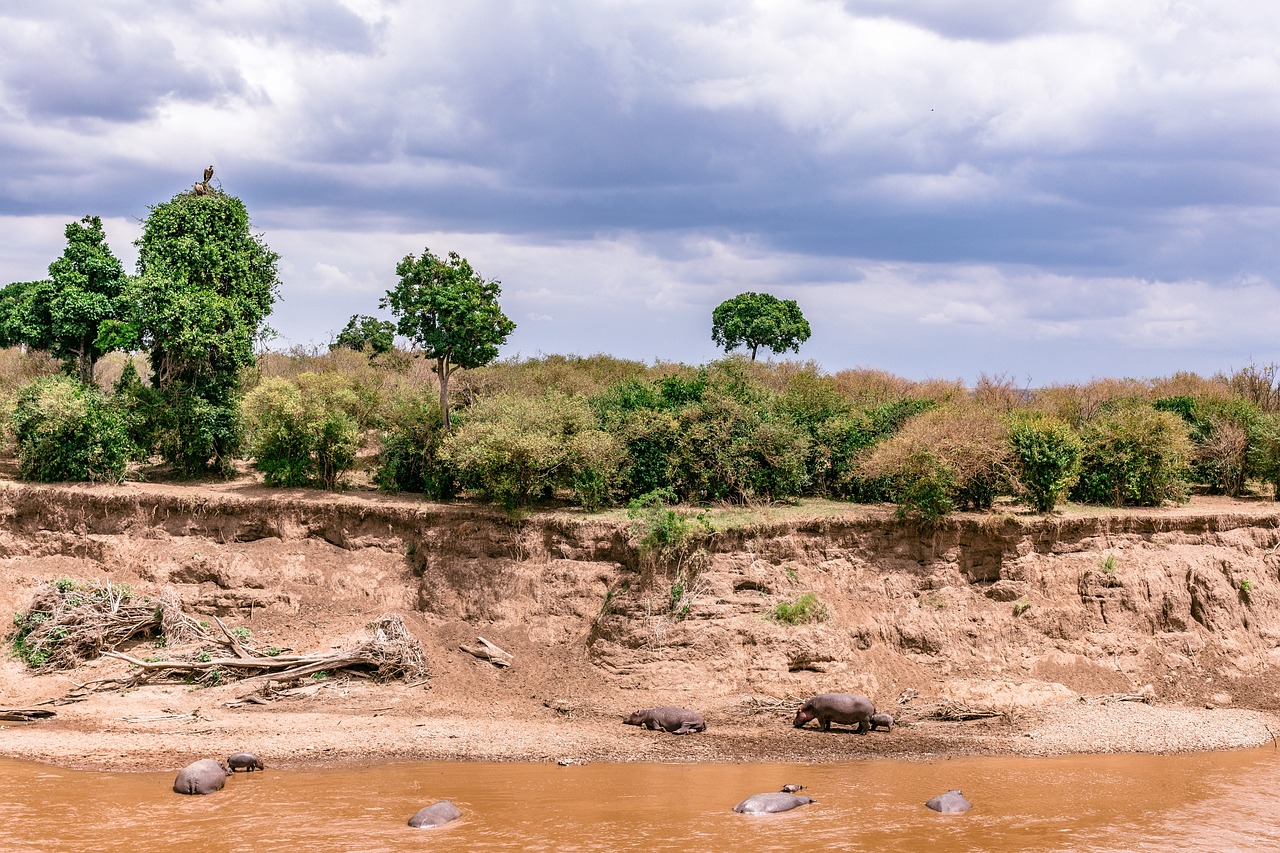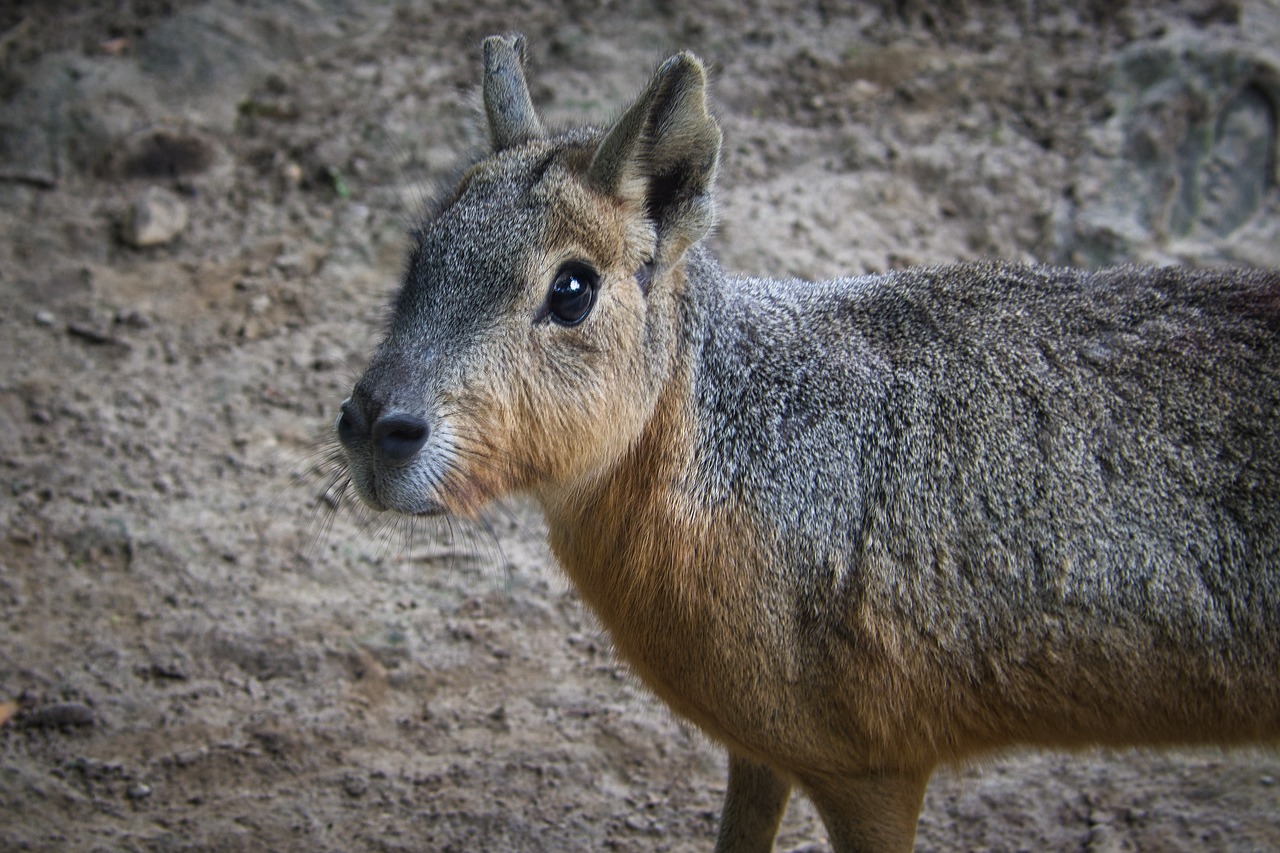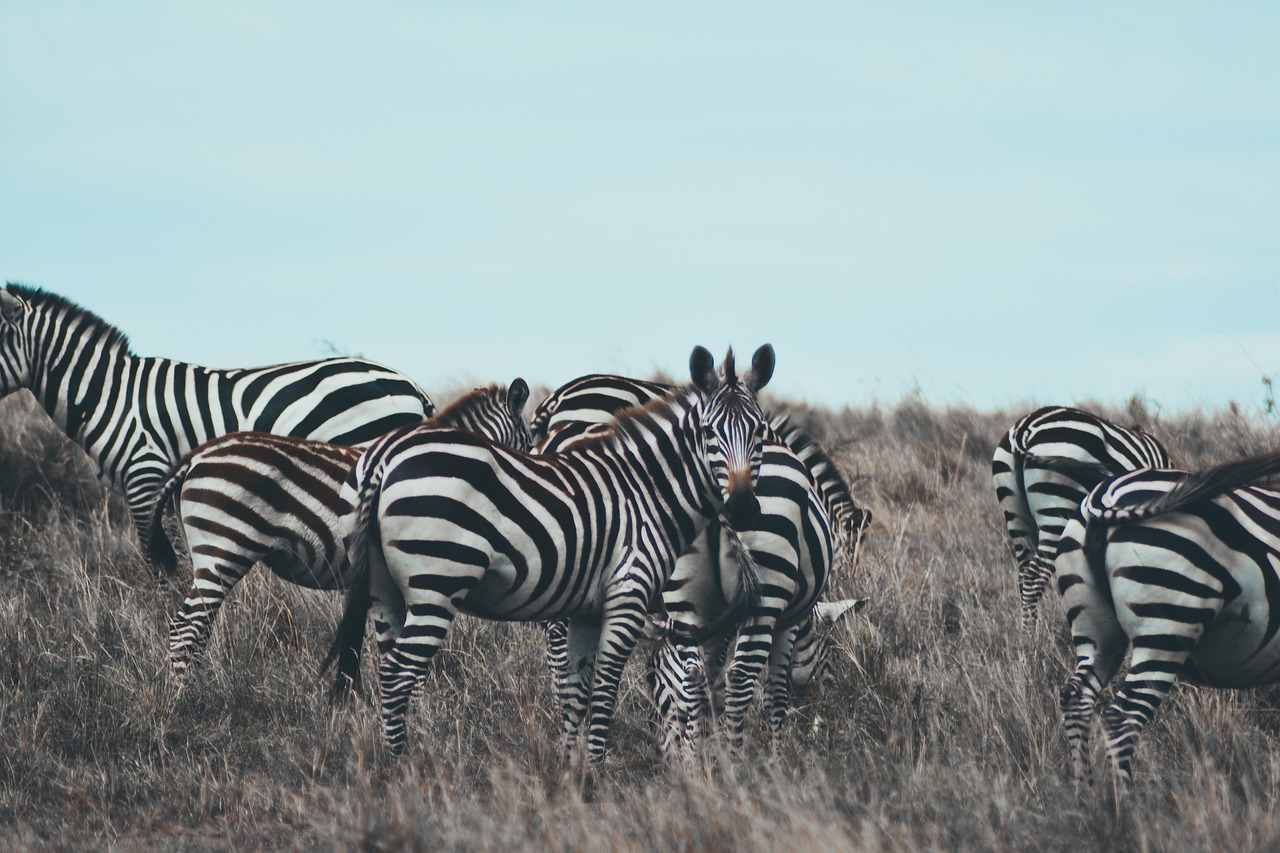Eco-Conscious Tips for Exploring Kenya’s Maasai Mara
Embark on a journey to the breathtaking landscapes of Kenya's Maasai Mara while embracing eco-conscious practices that preserve the beauty of this iconic destination. By choosing responsible accommodation options, respecting the wildlife, engaging in sustainable safari practices, and participating in community programs, you can make a positive impact on the environment and support local communities.
When selecting your accommodation, opt for eco-friendly lodges and camps that prioritize sustainability and contribute to the conservation of the Maasai Mara ecosystem. These establishments often support local communities, ensuring that your stay benefits the environment and the people who call this region home.
Respect for wildlife is paramount during your visit. Adhere to ethical wildlife viewing guidelines by maintaining a safe distance, refraining from littering, and following park regulations. By treating the wildlife with care and consideration, you can help protect their natural habitat and ensure their well-being.
Immerse yourself in the wonders of nature through guided walks led by experienced Maasai guides. These nature walks offer a unique opportunity to observe the flora and fauna up close while gaining insights into the conservation efforts being undertaken in the area. Learn about the delicate balance of the ecosystem and the importance of preserving it for future generations.
As you interact with the Maasai people, demonstrate cultural sensitivity by seeking permission before taking photos, purchasing local crafts, and supporting community-led initiatives. Show respect for their traditions and customs, fostering a harmonious relationship between visitors and the local community.
During your safari adventures, practice sustainable safari etiquette by staying on designated paths, minimizing noise pollution, and supporting conservation projects within the Maasai Mara reserve. By treading lightly on the land and minimizing your impact, you can help preserve the natural beauty of the region.
Implement waste reduction strategies by carrying a reusable water bottle, packing eco-friendly toiletries, and disposing of waste properly. By reducing single-use plastics and maintaining cleanliness, you contribute to the conservation of the environment and protect the wildlife that calls the Maasai Mara home.
Consider offsetting your carbon footprint from travel by supporting reforestation projects or investing in renewable energy initiatives. By taking steps to mitigate your environmental impact, you can contribute to the sustainability of the Maasai Mara ecosystem and help combat climate change.
Engage in community-based tourism activities, visit local villages, and support social enterprises that empower Maasai communities and promote sustainable development. By participating in these programs, you can forge meaningful connections with the local people and contribute to their economic empowerment.

Responsible Accommodation Choices
When planning your visit to Kenya's Maasai Mara, it's essential to make responsible accommodation choices that align with sustainable practices and support the local ecosystem. Opting for eco-friendly lodges and camps not only minimizes your environmental impact but also contributes to conservation efforts and community development in the region.
These accommodations prioritize sustainability by implementing practices such as solar power usage, water conservation, and waste management. By staying at these establishments, you directly support initiatives that aim to protect the unique biodiversity of the Maasai Mara while providing economic opportunities for local communities.
Moreover, responsible accommodation choices go beyond environmental considerations. They also focus on cultural sensitivity and respect for the traditions of the Maasai people. Many lodges and camps offer immersive experiences that allow guests to interact with the local community, learn about their way of life, and contribute to their well-being through various social initiatives.

Respect for Wildlife
When it comes to exploring the stunning wildlife of Maasai Mara, it is crucial to approach the experience with the utmost . By following ethical guidelines and park regulations, visitors can ensure the well-being of the animals and their natural habitat. One of the key aspects of showing respect for wildlife is maintaining a safe distance at all times. This not only protects the animals from unnecessary stress but also ensures the safety of visitors.
Additionally, avoiding littering is essential to preserve the pristine environment of Maasai Mara. By properly disposing of trash and refraining from leaving any waste behind, travelers can contribute to the conservation efforts in the region. Imagine the impact of a single piece of litter on the delicate ecosystem—it's like a ripple effect that can disrupt the balance of nature.
Moreover, adhering to park rules and guidelines is paramount in protecting the wildlife and their habitat. These rules are in place to safeguard the well-being of the animals and to maintain the ecological balance of the Maasai Mara ecosystem. By respecting and following these regulations, visitors can play a significant role in ensuring the sustainability of this iconic wildlife destination.

Guided Nature Walks
Embark on a journey of discovery through the breathtaking landscapes of Maasai Mara with guided nature walks led by knowledgeable Maasai guides. These walks offer a unique opportunity to immerse yourself in the rich biodiversity of the region while gaining insights into the conservation efforts being undertaken to protect it.
During these guided nature walks, you will have the chance to observe the intricate ecosystems of Maasai Mara up close, from the vibrant birdlife to the majestic wildlife that call this place home. The experienced guides will share their expertise on the flora and fauna, providing valuable information about the delicate balance of nature in this iconic reserve.
One of the highlights of guided nature walks is the opportunity to witness wildlife behavior in its natural habitat without disturbing or endangering the animals. By following ethical wildlife viewing guidelines and maintaining a safe distance, you can observe these magnificent creatures in a respectful and responsible manner.
Moreover, these walks offer a deeper connection to the environment and a greater appreciation for the conservation efforts being made to preserve Maasai Mara for future generations. By supporting eco-friendly tourism practices and engaging with local guides, you contribute to the sustainability of the ecosystem and the well-being of its inhabitants.

Cultural Sensitivity
When exploring Kenya's Maasai Mara, it is crucial to approach the local culture with . This involves respecting the traditions and customs of the Maasai people, who have inhabited the region for centuries. One essential aspect of cultural sensitivity is seeking permission before taking photographs of the Maasai individuals or their villages. This simple act demonstrates respect for their privacy and dignity.
Furthermore, when interacting with the Maasai community, consider purchasing local crafts as a way to support their livelihoods directly. These handmade items often hold significant cultural value and provide an opportunity to engage with the local artisans. By investing in these crafts, you contribute to the preservation of traditional skills and knowledge passed down through generations.
Another way to show cultural sensitivity is by participating in community-led initiatives that aim to improve the well-being of the Maasai people. By supporting projects focused on education, healthcare, or sustainable development, you actively contribute to the empowerment of the community. This not only fosters mutual respect but also creates a positive impact that extends beyond your visit.

Sustainable Safari Practices
When embarking on a safari adventure in Kenya's Maasai Mara, it is crucial to uphold sustainable practices to ensure the preservation of this unique ecosystem. Sustainable safari practices not only minimize the impact on the environment but also contribute to the long-term conservation efforts in the region.
One of the fundamental principles of sustainable safari practices is to stay on designated paths while exploring the Maasai Mara reserve. By adhering to these paths, visitors can prevent unnecessary damage to the vegetation and minimize disruption to the wildlife habitats.
Additionally, minimizing noise pollution is essential during safari excursions. Keeping noise levels to a minimum allows for a more natural and undisturbed wildlife viewing experience, ensuring that animals can behave naturally without human interference.
Supporting conservation projects within the Maasai Mara ecosystem is another vital aspect of sustainable safari practices. By contributing to these initiatives, visitors can actively participate in the preservation of the region's biodiversity and support the ongoing efforts to protect endangered species.
Moreover, practicing responsible waste management is crucial while on safari. Visitors should carry reusable water bottles to reduce single-use plastics, pack eco-friendly toiletries, and dispose of waste properly to maintain the cleanliness of the environment and prevent pollution.
Overall, adopting sustainable safari practices not only enhances the overall experience of exploring the Maasai Mara but also plays a significant role in safeguarding this precious ecosystem for future generations to enjoy.

Waste Reduction Strategies
When it comes to exploring the pristine beauty of Kenya's Maasai Mara, it's crucial to implement effective waste reduction strategies to minimize environmental impact and preserve the natural habitat. One of the most impactful ways to reduce waste is by avoiding single-use plastics, which are a significant source of pollution in the region. By carrying a reusable water bottle and eco-friendly toiletries, visitors can significantly cut down on plastic waste that often ends up in the ecosystem.
Furthermore, proper waste disposal is essential to keep the Maasai Mara clean and free from pollution. Visitors should make use of designated waste disposal facilities and follow park regulations regarding waste management. By taking responsibility for their waste and ensuring proper disposal, travelers can contribute to maintaining the pristine environment of the Maasai Mara.
In addition to individual waste reduction efforts, supporting lodges and camps that prioritize sustainability and eco-friendly practices can further enhance waste reduction initiatives. Many eco-conscious accommodations in the Maasai Mara have implemented recycling programs, composting facilities, and initiatives to reduce overall waste generation. By choosing to stay at such establishments, visitors can actively support waste reduction strategies in the region.

Carbon Offsetting Options
When it comes to offsetting your carbon footprint from travel, there are various options available to environmentally conscious travelers. One effective way to mitigate the environmental impact of your journey is by supporting reforestation projects. By investing in tree planting initiatives, you can help absorb carbon dioxide from the atmosphere and contribute to the restoration of natural habitats.
Another carbon offsetting option is to invest in renewable energy initiatives. Supporting projects that promote clean energy sources such as solar or wind power can help reduce greenhouse gas emissions and combat climate change. By diverting funds towards sustainable energy solutions, you can play a role in reducing the overall carbon footprint associated with your travels.
Furthermore, some airlines and travel companies offer carbon offset programs that allow you to calculate the emissions generated by your trip and contribute towards environmental projects to balance out the impact. These programs often support a range of initiatives aimed at reducing carbon emissions, from renewable energy projects to energy-efficient cookstoves in developing countries.
By choosing to offset your carbon footprint through these various options, you can take proactive steps towards minimizing the environmental consequences of your travels. Embracing carbon offsetting practices not only helps to counterbalance the impact of your journey but also supports sustainable initiatives that work towards a greener future for our planet.

Community Engagement Programs
When exploring Kenya's Maasai Mara, engaging in community programs is a fantastic way to immerse yourself in the local culture and support sustainable development. These programs offer unique opportunities to interact with Maasai communities, learn about their traditions, and contribute to their economic empowerment.
Visiting local villages allows you to witness daily life firsthand and gain a deeper understanding of Maasai customs and practices. Interacting with community members, participating in traditional activities, and supporting local businesses are enriching experiences that benefit both visitors and the local population.
Moreover, engaging in community-based tourism activities provides direct financial support to Maasai communities, helping them preserve their heritage and improve their livelihoods. By choosing to participate in these programs, travelers can make a positive impact and promote sustainable development in the region.
Frequently Asked Questions
- What are some eco-conscious accommodation options in Maasai Mara?
There are several eco-friendly lodges and camps in Maasai Mara that prioritize sustainability, conservation, and support for local communities. These accommodations are designed to minimize environmental impact and offer responsible travel experiences.
- How can I show respect for wildlife during my visit to Maasai Mara?
To show respect for wildlife, visitors should adhere to ethical wildlife viewing guidelines. This includes maintaining a safe distance from animals, refraining from littering, and following park rules and regulations to ensure the well-being of the wildlife and their habitat.
- What are some sustainable safari practices I can follow in Maasai Mara?
Visitors can practice responsible safari etiquette by staying on designated paths, minimizing noise pollution, and supporting conservation projects within the Maasai Mara reserve. These practices help protect the natural environment and wildlife populations.
- How can I reduce waste and offset my carbon footprint while exploring Maasai Mara?
Travelers can reduce waste by carrying reusable items such as water bottles and eco-friendly toiletries. Additionally, offsetting carbon footprint can be achieved by supporting reforestation projects or investing in renewable energy initiatives to mitigate environmental impact.
- What community engagement programs are available for visitors in Maasai Mara?
There are various community-based tourism activities, opportunities to visit local villages, and support social enterprises that empower Maasai communities and promote sustainable development in Maasai Mara. Engaging in these programs helps contribute to the local economy and cultural preservation.



















